This week I’m pretty excited to be joined by Dean Devlin, whose work in movies like Universal Soldier, Stargate, and Independence Day I grew up loving. He works mostly in television now on series like The Librarians and Leverage, and has a new one out on SyFy debuting February 3: The Ark. We talk about his new show, how the business has evolved these last 30 years, and more on this week’s episode. If you enjoyed it, please share it with a friend! And make sure to check out The Ark, new episodes which will also hit Peacock a day after debuting on SyFy.
Share this post

Producer Dean Devlin Goes (Back) to Space
www.thebulwark.com
Producer Dean Devlin Goes (Back) to Space
On his new SyFy show 'The Ark' and the evolving business of showbiz.
Jan 28, 2023
Bulwark Goes to Hollywood
Audio
Sonny Bunch on movies, technology, and understanding the next Hollywood
Sonny Bunch on movies, technology, and understanding the next HollywoodListen on
Substack App
RSS Feed
Recent Episodes







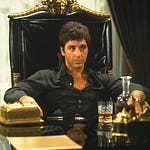


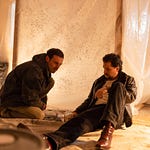
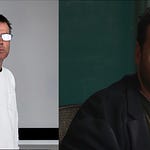
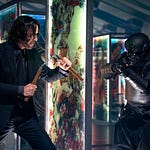
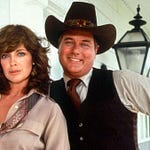
Producer Dean Devlin Goes (Back) to Space